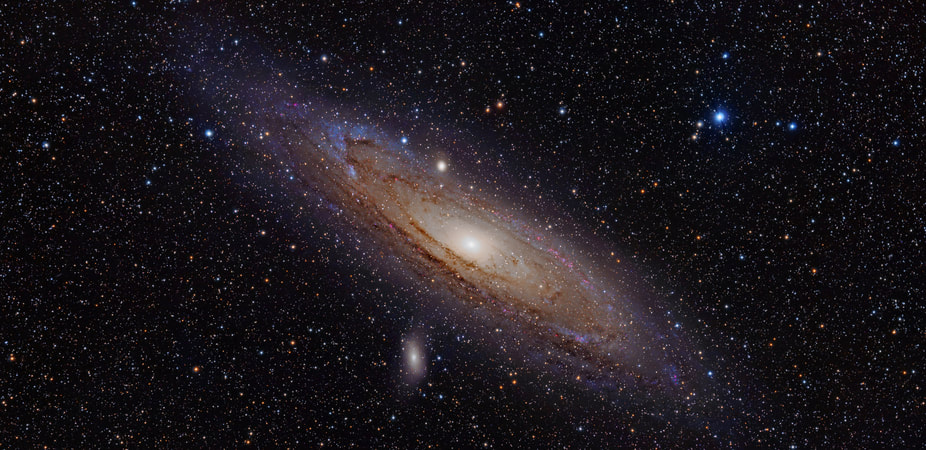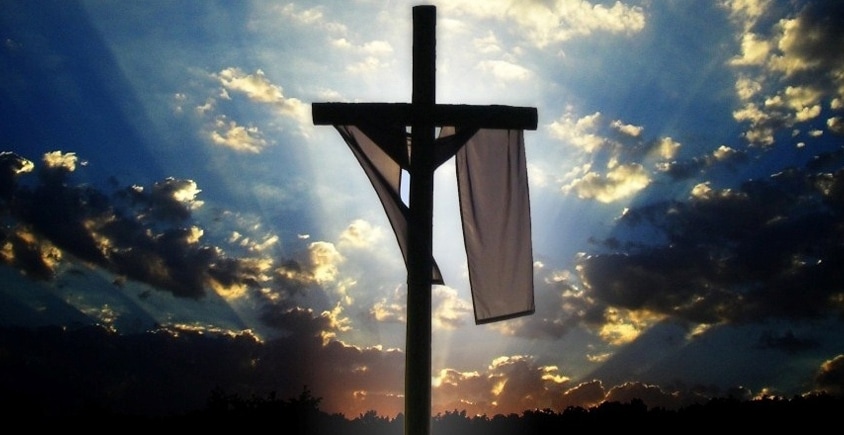|
20/4/2017 1 Comment April 20th, 2017"A GOD WHO DANCES"  “If these Christians want me to believe in their god, they’ll have to sing better songs, they’ll have to look more like people who have been saved, they’ll have to wear on their countenance the joy of the beatitudes. I could only believe in a god who dances.” These sentiments of Nietzsche will strike a chord with many Christians. Thomas Merton draws an extraordinary picture of God playing in the garden of his own creation and adds: "If we could let go of our own obsession with what we think is the meaning of it all, we might be able to hear His call and follow Him in His mysterious cosmic dance. We do not have to go very far to catch echoes of that game, and of that dancing. When we are alone on a starlit night… when we see children in a moment when they are really children; when we know love in our hearts…at such times the awakening, the turning inside out of all values, the ‘newness’, the emptiness and the purity of vision that make themselves evident, provide a glimpse of the cosmic dance." According to Merton, the more we try to analyse life, the more we involve ourselves in sadness. “But it does not matter much because no despair of ours can alter the reality of things, or stain the joy of the cosmic dance which is always there. Indeed, we are in the midst of it, and it is in the midst of us, for it beats in our very blood, whether we want it to or not”. [1] It may beat in our blood, but we still deny it. It is too easy to live in the created world as though in a transparent capsule - seeing, but feeling no sense of identity with, creation. There have been so many times when I have felt no real sense of being constantly in the Creator’s presence, let alone belonging there; no sense of interconnectedness with the rest of creation. I glided along the surface of the spinning earth, never listening to its heartbeat. I looked into the depths of the universe, and never heard the singing of the stars. Unlike the Psalmist, I never saw the mountains skipping like rams (Ps 114) or watched the wilderness bloom. I lived beside the sea, but without sharing the Psalmist’s wonder at “its vast expanses teeming with countless creatures, creatures both great and small; there ships pass to and fro, and Leviathan whom you made to sport with.” (Ps 104:25-26) [1] Merton, Thomas, OCSO, New Seeds of Contemplation (New York: Penguin Books (New Directions Paperback) 1972) pp 296-7.
1 Comment
 As Good Friday approaches, I listen again to that cry from the Cross, “My God, my God, why hast thou forsaken me?”As Good Friday approaches, I listen again to that cry from the Cross, “My God, my God, why hast thou forsaken me?” And, once again, I wonder why it is so rarely read in context. Throughout the Gospels, Jesus always addresses his Father with the familiar form of address, "Abba". Here, on the Cross, he shifts to the formal "Eli" or "Eloi". This has been interpreted as an indication of the depth of Jesus' sense of abandonment. However, there could be a much simpler reason for his choice of address. "Eli, Eli, lama sabachtani" are the opening words of Psalm 22, and any devout Jew at the foot of the Cross would have known this Psalm, line for line. The chief priests, scribes and elders gathered below him must be stopped dead in their tracks - they who, a few minutes earlier had wagged their heads at him, saying derisively: “He trusts in God; let God deliver him now, if he desires him” (Mt 27:43). “All who see me mock at me” says the Psalm, “they make mouths at me, they wag their heads; ‘He committed his cause to the Lord; let him deliver him, let him rescue him, for he delights in him!’” Does a stillness fall upon the crowd, broken only by the rattling of the dice? “…they have pierced my hand and feet… they divide my garments among them; and for my raiment they cast lots.” Do their minds race ahead to the prayer for deliverance that comes next in the Psalm: “But thou, O Lord, be not far off!” Is it at this point they begin - derisively? a little uncertainly? - to mutter, “Wait, let us see whether Elijah will come to save him” (Mt 27:49). The ringing conclusion of the Psalm is a long way removed from the despair of the opening: “men shall tell of the Lord to the coming generation, and proclaim his deliverance to a people yet unborn”. The words may be at once a warning to the hostile, and a comfort to the faithful. He has nearly done. Far from being a cry of despair, are Jesus' words not a shout of triumph? |
 RSS Feed
RSS Feed